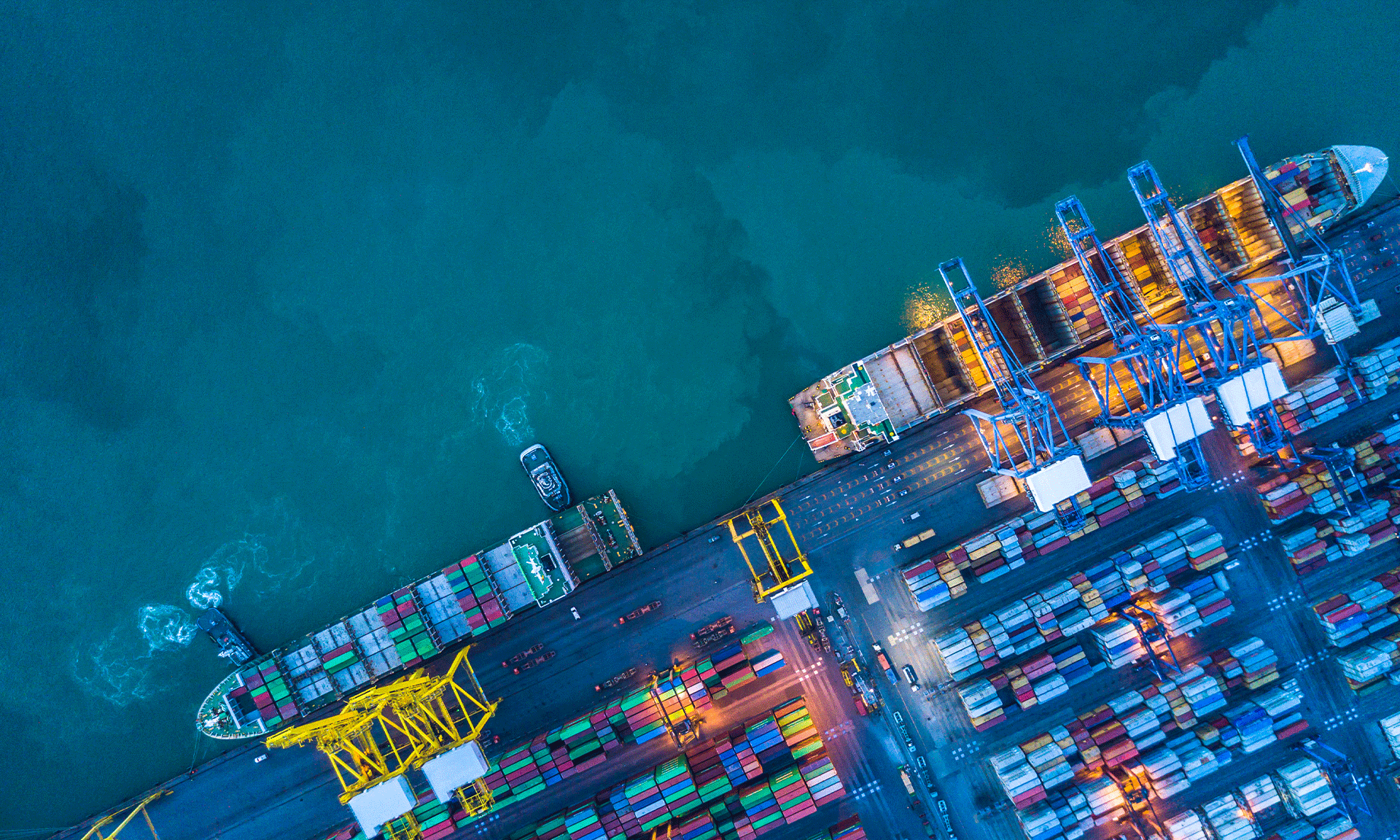India and the United Kingdom are aiming to resume negotiations on a Free Trade Agreement (FTA) on 1 November 2021 as the two countries agreed for an Early Harvest Agreement by March 2022 that would allow both to establish selective gains in commodities and services. India and UK arrived at this decision soon after a virtual meeting held between the Indian Commerce and Industry Minister Piyush Goyal and his British counterpart, Secretary of State Elizabeth Truss on Monday13 September 2021.
The announcement comes when India has initiated fast-tracking of FTA negotiations with several other countries including the European Union, Australia, United Arab Emirates, and Canada for promoting FDI with the help of a complete guide on doing business in India.
“Proposed FTA between India and the UK is expected to unlock extraordinary business opportunities and generate jobs. Both sides have renewed their commitment to boosting trade in a manner which benefits all,” a statement from the Indian Commerce and Industry Ministry revealed.
Earlier on September 3, Goyal said in an industry event that India was working on multiple FTAs with other democracies who believe in transparent, fair and rule-based investment and trade opportunities as a part of its renewed strategy to move past protectionism, reduce trade deficits and attract foreign investors for company formation in India.
“Substantial work has already been done and extensive stakeholder consultations have been held involving industry/business associations, export promotion councils, buyers/sellers associations, regulatory bodies, ministries/departments, public research bodies, etc,” Indian Commerce and Industry Ministry noted.
Goyal mentioned the formation of bilateral working groups (BWGs) for different tracks to identify and understand the ambitions, interests and sensitivities of each other to accelerate the negotiation progress. Regular meetings were convened amongst the BWGs and most of the work was almost over.
He believed BWG discussions will help both sides in understanding each other’s policy regimes and resume joint scoping discussions from 1st October for finalization of terms of reference and launching of negotiations in November.
“An interim trade agreement, as the first step of an FTA, would allow both of us to immensely benefit from the early gains of the partnership,” Goyal remarked. There is a need to strike a balance between commitments and concessions in goods and services, he emphasized.
There will be a reduction or elimination of tariffs on some selected goods during the interim trade agreement. In services, certain services of mutual interest may be included in the interim agreement. “If necessary, we may also explore signing a few Mutual Recognition Agreements in selective services like nursing and architecture services,” Goyal noted.
The UK Secretary of State for International Trade added, “Today Piyush Goyal and I launched trade working groups to lay the groundwork for our forthcoming UK-India trade deal, which will: boost access to more than a billion consumers; bolster our science and tech industries; and support jobs in both countries.” According to the UK government, regular ministerial dialogues between the two sides will help explore potential areas in the trade agreement encompassing tariffs, standards, Intellectual Property, trade remedy measures and data regulation.
In a bid to expand its market after Brexit, the UK has struck several FTAs and primarily with some of the largest and fastest-growing economies in the Indo-Pacific region. The UK has signed 68 deals and has reached FTAs with Vietnam, Singapore, Japan, South Korea, and Australia. A deal with India shall mean the promotion of exports, lowered tariffs, easing of regulations and enhanced bilateral trade.
Increasing UK-India trade has been dubbed a huge opportunity by the UK, given India’s position as one of the world’s biggest and fastest-growing economies and home to more than a billion consumers.
India is one of the key trading partners of the UK and the trade between the two countries stood at USD15.45 billion in 2019-20 and USD13.11 billion in 2020-21 with a trade balance in favour of India.
Data provided by the Ministry of External Affairs (MEA) revealed that during 2019-2020, India invested in 120 projects and generated 5,429 new jobs in the UK. For the UK, India was the second-largest source of foreign direct investment (FDI) in 2019 just after the US. There are more than 850 Indian companies currently operating in the UK and their combined revenue is almost Euro 41.2 billion, as per the ‘India meets UK” report- 2020 by CII- Grant Thornton.
Clinching an early Harvest deal will be favourable for both India and the UK and provide many benefits for enhancing economic recovery in the post-pandemic era and generate huge enthusiasm and momentum before signing the final FTA.
Newly introduced policies of India namely ‘Make in India’ and ‘Atma Nirbhar Bharat’ will be complemented once the FTA negotiations with trading partners come to fruition.














